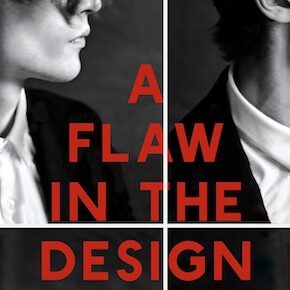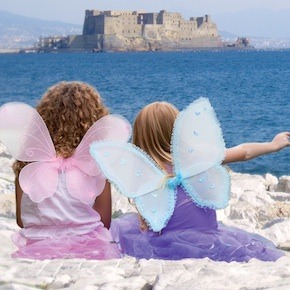
Murder, mystery and mind games
The time when writers regarded television sceptically – either as a threat to the storytelling dominance of novels or even, in some cases, as a form of lowbrow entertainment – seems far away now. It’s hard to believe that as recently as David Foster Wallace, writers were expressing anxiety about the relationship between fiction and...

Write what you want to forget
What do you do with the things that cannot be expressed? Where do you put the things you cannot say? What do you do when words don’t work? In the opening pages of The Argonauts, Maggie Nelson cites Wittgenstein: “the inexpressible is contained – inexpressibly – in the expressed.” This is, she says, why she...

Erasures
Ann Goldstein, the English translator of Elena Ferrante, said in a panel discussion hosted by Rosie Goldsmith at Waterstones Piccadilly this month that she felt “bereft when the last translation was finished.” “The characters,” she felt, “become people we live with.” The same sense of bereavement, of loss of a vital friend or voice, is...

Elena Ferrante’s shadow lives
Elena Ferrante writes beautifully. She writes honestly, powerfully, with directness and unflinching immediacy. In My Brilliant Friend and The Story of a New Name, the first two of her Neapolitan novels, she writes about a world which no longer belongs to what we might call our ‘reality’; the world of the fifties and sixties, of...


